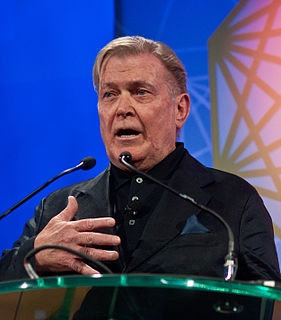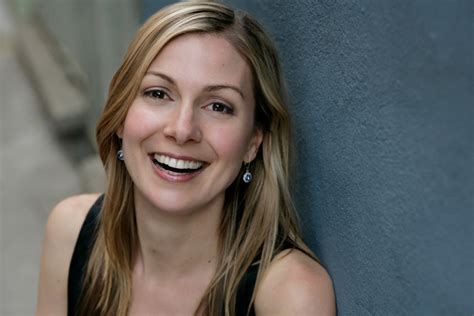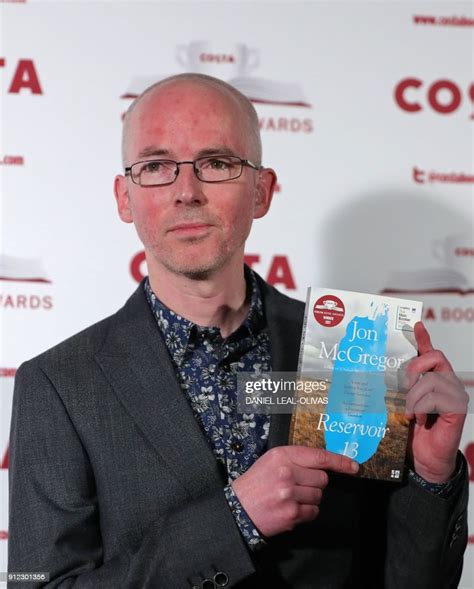A Quote by George Saunders
I love the idea that more people would read short fiction. I think it's such a humanizing form. It softens the boundaries between people.
Related Quotes
Everybody should read fiction… I don’t think serious fiction is written for a few people. I think we live in a stupid culture that won’t educate its people to read these things. It would be a much more interesting place if it would. And it’s not just that mechanics and plumbers don’t read literary fiction, it’s that doctors and lawyers don’t read literary fiction. It has nothing to do with class, it has to do with an anti-intellectual culture that doesn’t trust art.
The mistake that people made around 2000 with the emergence of the web was that they thought that people would not read long-form on a screen. Following from that idea, they quit doing long-form on screens. It got shorter and shorter, and then came cats toying with flowers and all of those clichés, but it was wrong. People will read long-form on a device if they want to read long-form.
Eros is an issue of boundaries. He exists because certain boundaries do. In the interval between reach and grasp, between glance and counterglance, between ‘I love you’ and ‘I love you too,’ the absent presence of desire comes alive. But the boundaries of time and glance and I love you are only aftershocks of the main, inevitable boundary that creates Eros: the boundary of flesh and self between you and me. And it is only, suddenly, at the moment when I would dissolve that boundary, I realize I never can.
I have always been intensely uncomfortable with the idea of a science fiction writer as prophet. Not that there haven't been science fiction writers who think of themselves as having some sort of prophetic role, but when I think of that, I always think of H.G. Wells - he would think of what was going to happen, and he would imagine how it would happen, and then he would create a fiction to illustrate the idea that he'd had. And no part of my process has ever resembled that at all.
I'm more thrilled by the short fiction than I expected to be. I've found more pleasure in reading short fiction than I used to. By seeing what kinds of thinking are going on in short fiction. I was also surprised by the panic I've felt, especially at first, when we'd put an issue to bed and then realized we had to put another one together.






































